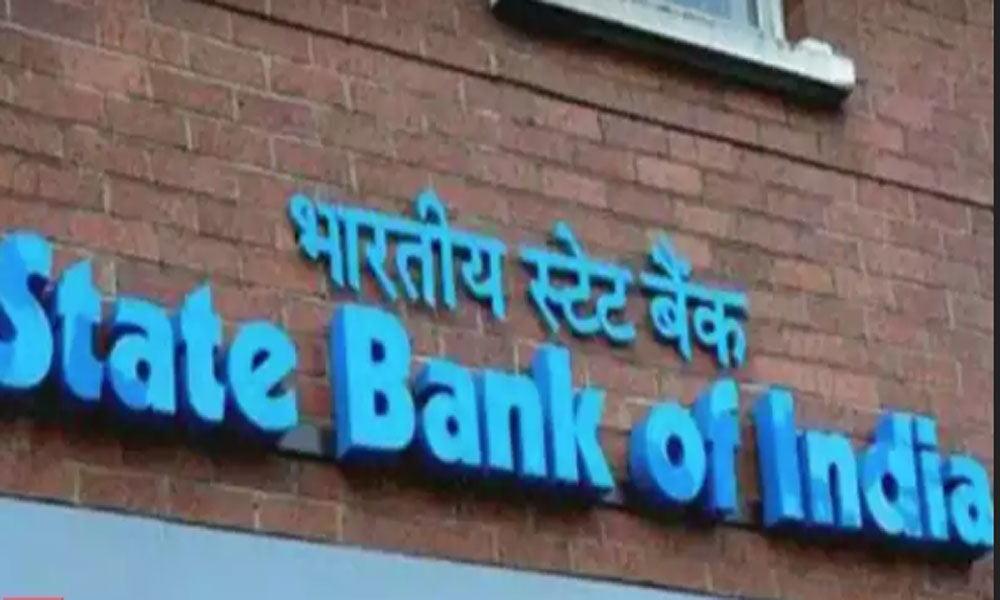State Bank of India warns account holders about this WhatsApp scam

The State Bank of India (SBI) is warning its customers about suspicious WhatsApp messages that might trick them to share their personal banking details. SBI told that it is aware of some account holders receiving messages on WhatsApp and other social media platforms "advising" them on One Time Password (OTP).
The State Bank of India (SBI) is warning its customers about suspicious WhatsApp messages that might trick them to share their personal banking details. SBI told that it is aware of some account holders receiving messages on WhatsApp and other social media platforms "advising" them on One Time Password (OTP).
Here is all you need to know about this new WhatsApp scam:
1. It deals in training users about OTPs first and then winning their trust so that they share the actual OTPs
2. In some cases, the WhatsApp message comes with a link that simply installs a malicious app in the background.
3. Then this malicious app is used to harvest OTPs from the phone. This is the second part of the scam.
4. The fraudster posing as a bank employee discuss renewing or upgrading existing debit/credit card of the victim
5. To upgrade it to a new card, the fraudster asks for a debit/credit card number, CVV, the expiry date of the existing card
6. Then, the fraudsters tell that the victim will receive an SMS or WhatsApp message to confirm the up gradation of the card
7. In this second part of the scam. This SMS or WhatsApp text comes with a link the victim unknowingly click to confirm the card upgrade.
8. The link on SMS installs a malware on the victim's phone that redirects all OTP SMSes to the fraudster's phone.
9. As the fraudster is aware of the card details (CVV, expiry date and card number) of the victim, he begins unauthorized transactions.
10. To authenticate the transaction, the moment the OTP reaches the victim's phone, with the help of malware it gets redirected to the fraudster's phone.
11. When the fraudster receives the OTP, the transaction is then verified easily.
12. In case of fraud, if you report the matter within 3 working days you can claim the refund.
13. You can call at 1-800-111109 to report and share details about the fraud officially with the bank.
14. You can also send an SMS by typing "Problem" to 9212500888 or report on Twitter @SBICard_Connect.
15. According to SBI, if any fraud is due to some fault of SBI, even if the fraud is not reported the customer will get full compensation.
16. There will be no refund if the loss is due to his/her negligence or if he/she has willingly shared personal banking details.








